If you are a person who is completely new to trying alternative, vegan friendly milks, it can feel confusing at first because you don’t know exactly which option to choose. There are a lot of different types of alternative milks, all extracted from different foods, and each one offers a different taste and nutritional benefit. The two most popular alternative milks are almond and soy milk, and are both highly favored by consumers. However, the others are climbing up in revenue fast as they become more popular, especially oat milk. In this article I will be comparing five types of milks and help you determine which one is best for you. There are no options that are bad in any way, and all can be part of a balanced diet.
Best Overall-Oat Milk
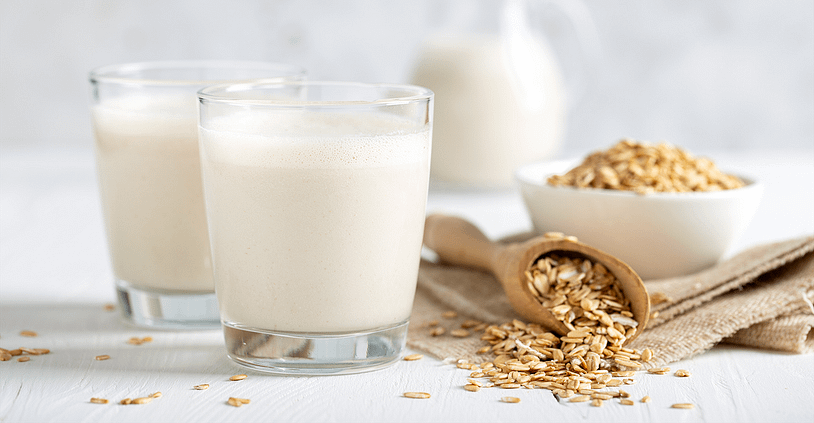
One of the best plant based milks out there, oat milk provides the highest protein of all non-dairy milks. Even though it has less protein than cow’s milk, it has the advantage of being better on your gut health. Oat is also fortified with tons of fiber, B vitamins, and minerals, and has almost no fat content. Cheaper to make at home than almond milk and environmentally friendly, I rank oat milk as the best overall alternative milk as anyone can choose it as a viable substitute to dairy milk. 120 calories per cup
Most Cost Efficient-Soy Milk
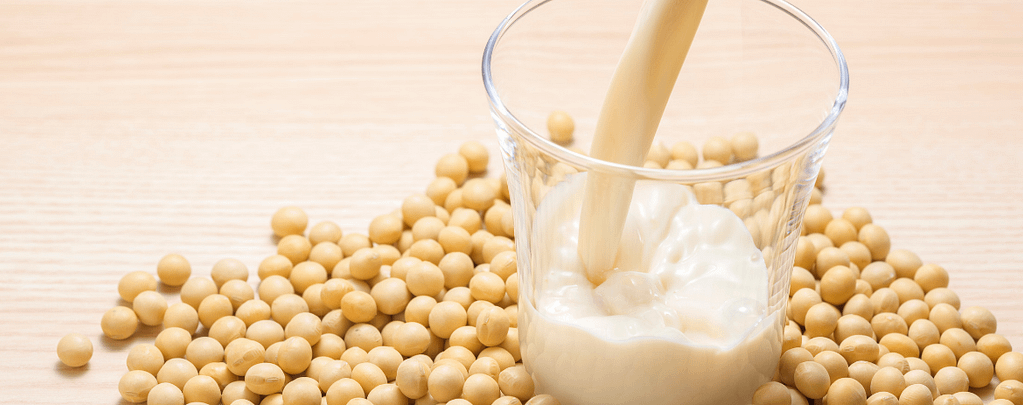
A very popular non-dairy milk that possesses a large amount of health benefits. It is the most heart-healthy of all alternative milks, helping to maintain a strong cardiovascular system and prevent heart disease and inflammation. Soy milk is the cheapest alternative milk by far, usually only costing around $3.00 for a half-gallon. It has a plant protein content similar to oat milk and contains antioxidant and anti-inflammatory properties.
There is a common misconception that soy milk is only good for women since it contains phytoestrogens, but phytoestrogens only weakly mimic actual estrogens in females, so both genders can benefit from the powerful effects of soy protein as part of a balanced diet. Just be sure you do not have a soy allergy, and it’s a great substitute for dairy milk. 80 calories per cup
Best For Weight Loss-Almond Milk
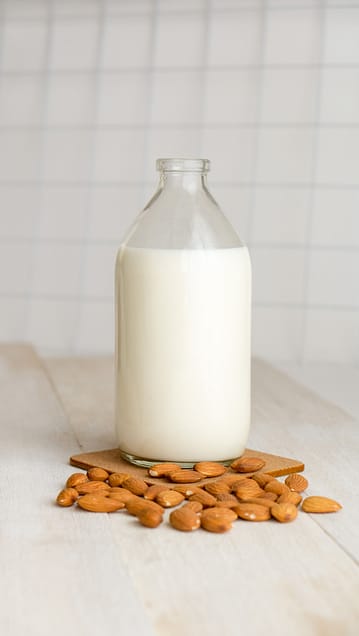
Almond milk is great if you need a non-dairy milk that has a similar taste and feel to traditional milk, but with fewer calories. Unsweetened, unfortified versions of almond milk don’t provide much nutritional benefit, so be sure to choose the right brands that supplement important vitamins and minerals like calcium, iron, and vitamin D. Also, be aware that many brands have a high amount of sugar to improve the taste.
Despite this, almond milk has a higher amount of monounsaturated fatty acids than other milks while having little calories. This makes it perfect for weight loss users by augmenting calorie restriction. Several studies have found that almond milk improves bone health, and the vitamin E fortified within may improve skin health as well. Almond milk contains 40-120 calories per cup depending on the flavors and sweeteners used. Be wary of that when choosing a suitable almond milk.
Most Rich In Taste-Cashew Milk
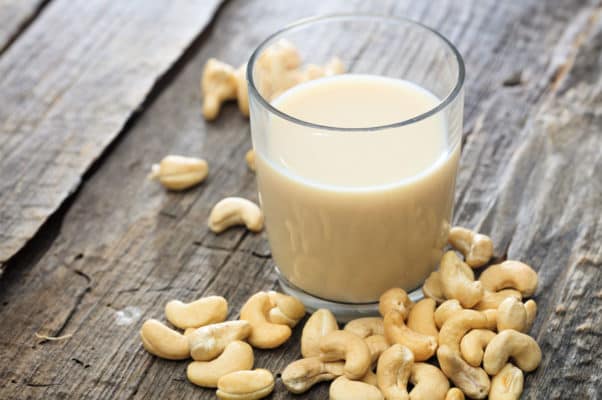
This milk has the creamiest texture and highest fat content, making it popular as a base for coffees, desserts, smoothies, and savory dishes. Like almond milk, it contains monounsaturated fats, and provides calcium, iron, and vitamins D and E. This milk is flexible and can be mixed with other milk types to add in its richness. Choose this alternative milk type if you prioritize flavor in your diet, very satisfying to drink. 156 calories per cup
Best Nutrients-Hemp Milk
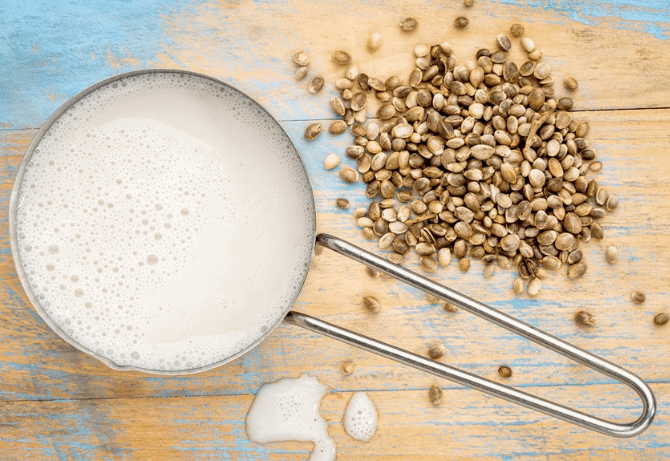
Hemp milk is creamy and has a nutty taste. It is made by mixing water and shelled hemp seeds. Compared to other milks, it has a large number of different vitamins and minerals, including calcium, phosphorus, potassium, riboflavin, magnesium, vitamin B12, and even omega-3 fatty acids. The only downside to hemp milk is that the taste of it may not be favorable to some and takes a bit to get used to. Still, it is a fantastic non-dairy milk that is reliable for its health benefits. 60 calories per cup
Conclusion-What Is The Best Plant Based Milk?
The most important takeaway you should know is that there is no “one size fits all” solution when it comes to finding the best plant based milk. Each milk type trades off benefits that another would have. No one alternative milk can supply all the nutrients that your body needs, and all bodies are different. You simply have to make the right decisions and choose the one that appeals to you the most. Proper experimentation is fun and goes a long way!





